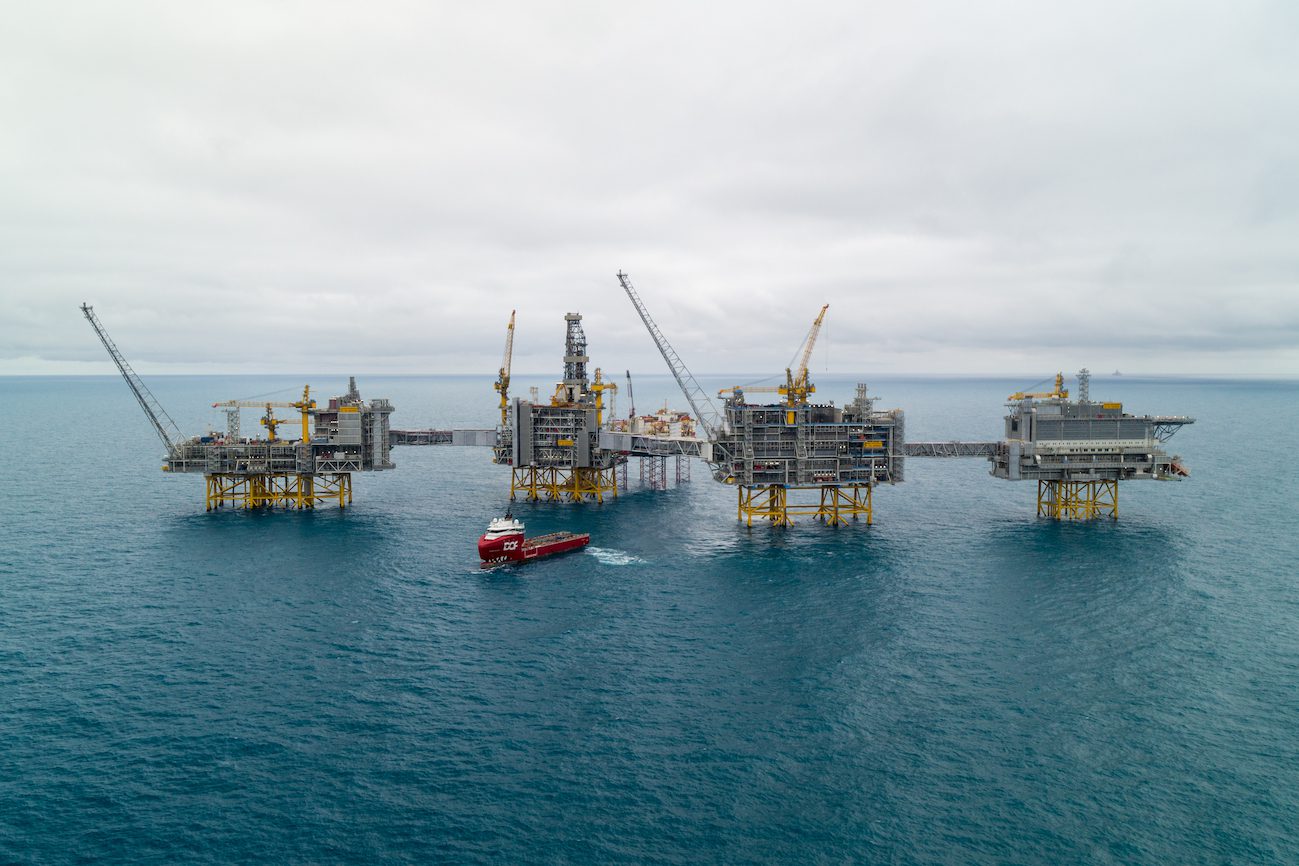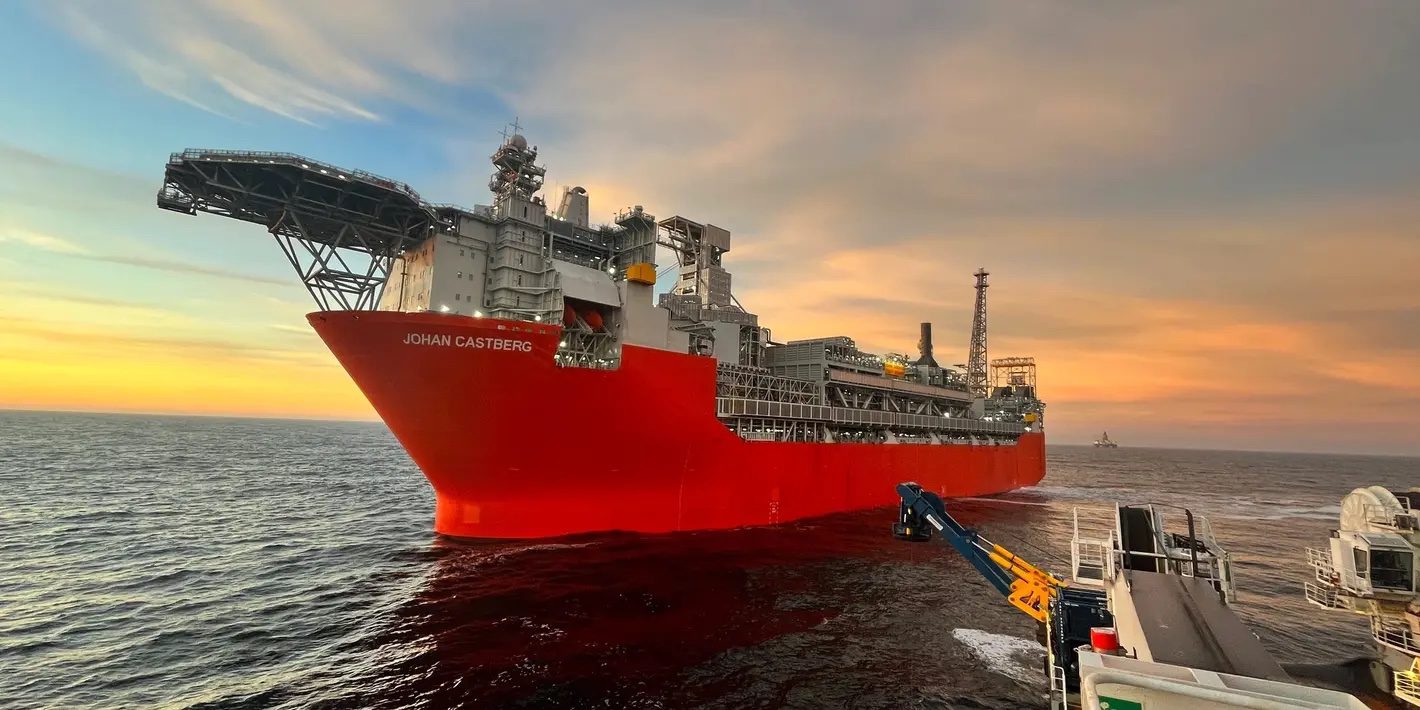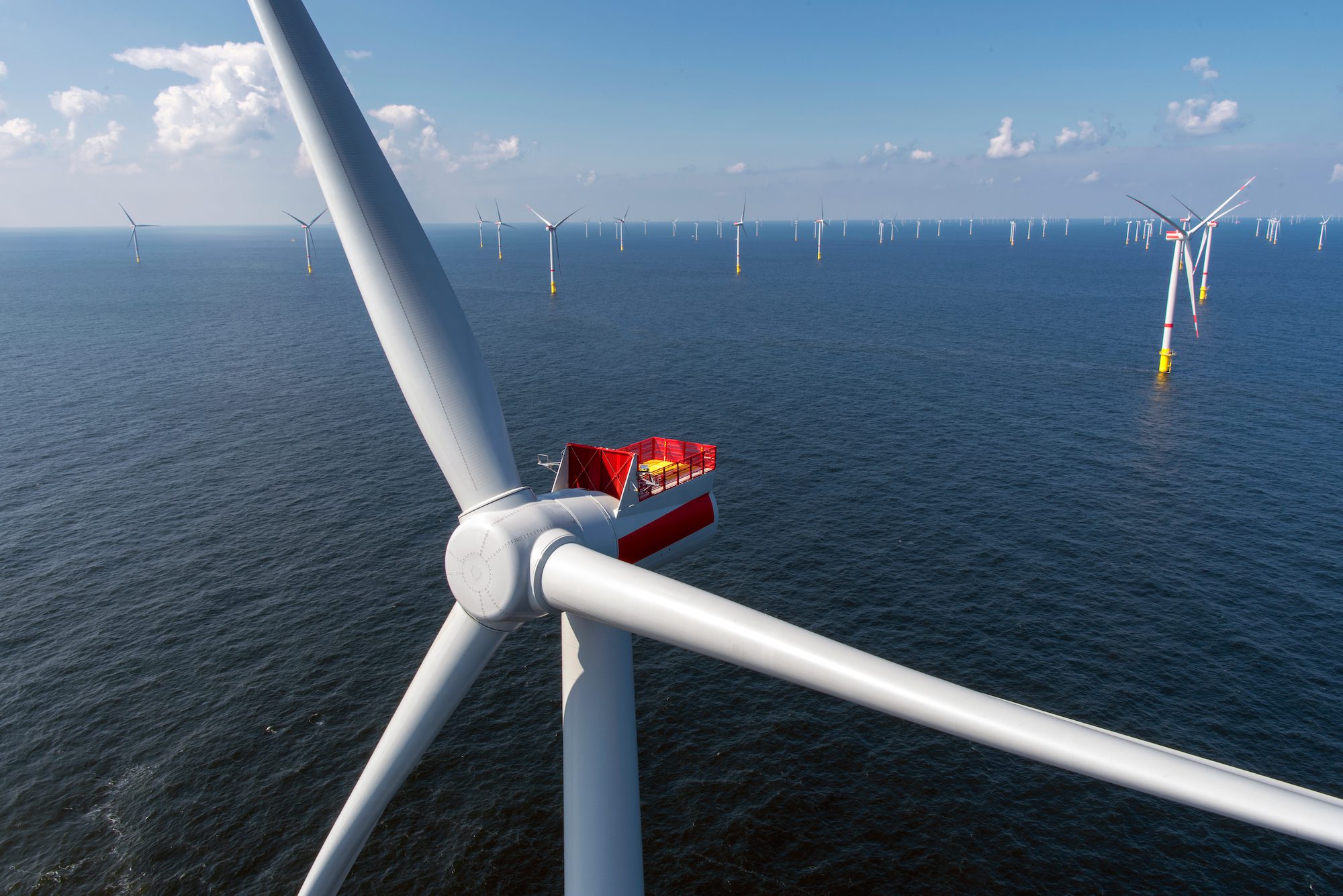The Norwegian Ministry of Energy has awarded 53 new production licenses on its continental shelf as part of its annual APA 2024 licensing round, reinforcing the country’s commitment to maintaining its position as a stable energy supplier to Europe.
Energy Minister Terje Aasland emphasized the strategic importance of these awards, stating that “continued development of the Norwegian continental shelf is important for employment, value creation, and the ripple effects of petroleum activities on the mainland going forward.”
The licenses are strategically distributed across Norway’s offshore regions, with 33 in the North Sea, 19 in the Norwegian Sea, and one in the Barents Sea. Twenty oil companies received shares in these licenses, with 13 companies designated as operators.
Equinor, Norway’s state-owned energy giant, emerged as a major recipient, securing 27 licenses – including seven as operator. The company announced ambitious plans to drill approximately 250 exploration wells by 2035, demonstrating long-term confidence in the region’s potential.
“There are still substantial resources on the Norwegian continental shelf,” said Jez Averty, Equinor’s senior vice president for subsurface. “Together with our partners, we need to explore more to contribute to European energy security and maintain our position as a reliable supplier of oil and gas.”
Following Russia’s 2022 invasion of Ukraine, Norway emerged as Europe’s leading gas supplier, providing 30% of EU gas imports and helping fill the gap left by banned Russian oil.
Norway’s extensive energy infrastructure, including three gas processing plants, an oil refinery, two oil terminals, and nearly 9,000 kilometers of pipelines, positions the country strategically to continue serving European and UK energy markets. The development of new discoveries near existing infrastructure enables rapid deployment with lower costs and reduced greenhouse gas emissions.
The APA licensing system, introduced in 2003, has proven crucial for maintaining Norway’s energy production capabilities. It focuses on mature areas where existing infrastructure can be utilized efficiently, ensuring the timely extraction of resources before facilities are decommissioned.

 Join The Club
Join The Club











